What Is Conceptual Replication
Di: Luke
Browse Dictionary.
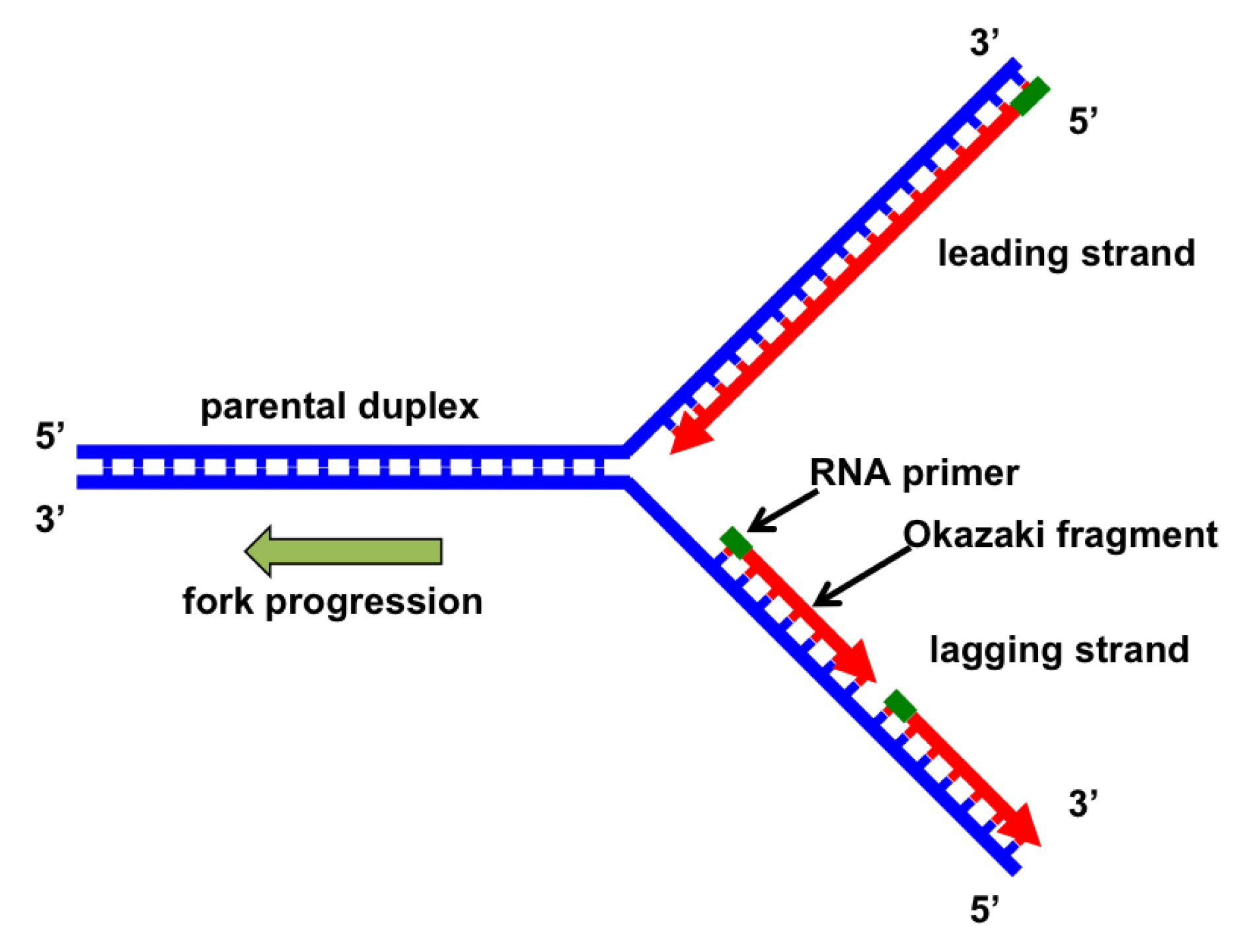
Conceptual replications are thus crucial to expand the scientific literature (Makel et al.This article develops a new, general account of replication (“the Resampling Account of replication”): I argue that a replication is an experiment that resamples the experimental components of an original experiment that are treated as random factors and that the function of replications is, narrowly, to assess the reliability of the replicated experiments.

Conceptual replication is important (for the refinement and further development of a theory), but only after the reproducibility of the effect under the same .Kinds of Replication: Examining the Meanings of Conceptual Replication and Direct Replication Perspect Psychol Sci. So, for example, an attempt to conceptually replicate one of the studies reported by Caruso et al.

Kinds of replication: Examining the meanings of “conceptual replication” and “direct replication”.What does it mean to replicate an experiment? A distinction is often drawn between ‚exact‘ (or ‚direct‘) and ‚conceptual‘ replication. To the extent that exact replications require time, energy, money, imagination, journal pages, editor and reviewer time, and substantial draw on expert human labor, they will compete with conceptual replications and innovative research that is .It is conceptual replication that provides the basis for a unified theoretical understanding of these phenomena by revealing the presence of a . Footnote 9 It can be used to test the limits of the effect, for example, by testing if the .” A failure to find the same “effect” using a different operationalization can be attributed to the differences in method rather than to the fragility of the original effect.Using the phrase ‘repetitive research’ as an umbrella term for a range of practices from replication to follow-up research, and with the objective to provide clarity and help establish best practices in this area, this article focuses on two issues: First, the conceptual space of repetitive research is described across five key dimensions, namely .replication is not informative.The problem with conceptual replication in the absence of direct replication is that there is no such thing as a “conceptual failure to replicate.In a conceptual replication, the researcher attempts to replicate the basic idea of the research. As discussed by Pashler and Harris , the problem of conceptual replications lies in their interaction with publication bias.
Frontiers
netEmpfohlen auf der Grundlage der beliebten • Feedback
Explicating Exact versus Conceptual Replication
Published in Erkenntnis: An International.To be sure, replications in this type of situation are less close than what is often meant by close replications and some people will consider these replications “conceptual replications”. Perspectives on Psychological .Conceptual replications instead aim to “operationalize the underlying theoretical variables using different manipulations and/or different measures” (Stroebe & Strack, 2014, p. see replication. In an exact replication, the researcher reproduces, or at least attempts to reproduce, the exact circumstances of the original research. This study attempts a conceptual replication of several . What does it mean to replicate an experiment? A distinction is often . 6 When attempting to replicate a study that has already been the subject of several replication attempts it is desirable to base the replication power .A distinction is often drawn between ‘exact’ (or ‘direct’) and ‘conceptual’ replication.conceptual replication. It’s an important part of the research process that strengthens our understanding of human behavior.In a conceptual replication, the original methods are not copied but rather purposefully altered to test the rigor of the underlying hypothesis.Conceptual replications are more theoretically contentious than direct replications, because there is greater doubt about the assumption of equivalence.The idea of replication is based on the premise that there are empirical regularities or universal laws to be replicated and verified, and the scientific method is adequate for doing it.Conceptual replications can provide additional evidence for the validity and generalizability of a particular theory, research question, or hypothesis and can help to strengthen the overall scientific understanding of a particular phenomenon.Also related to publication bias, the proliferation of conceptual replications is a third factor that contributes to the replicability crisis. Only the successful conceptual . Replication is independently repeating the methodology of a previous study and obtaining the .What is replication? In one sense, the answer is easy. What does it mean to .1 Introduction. So regarding a replication as direct or conceptual—or more .
Conceptualizing and evaluating the replication of research results
Variation of study characteristics, . In the current article, we primarily focus on replication of experiments, but the issues discussed are equally applicable to . But what does it mean to replicate an experiment? .
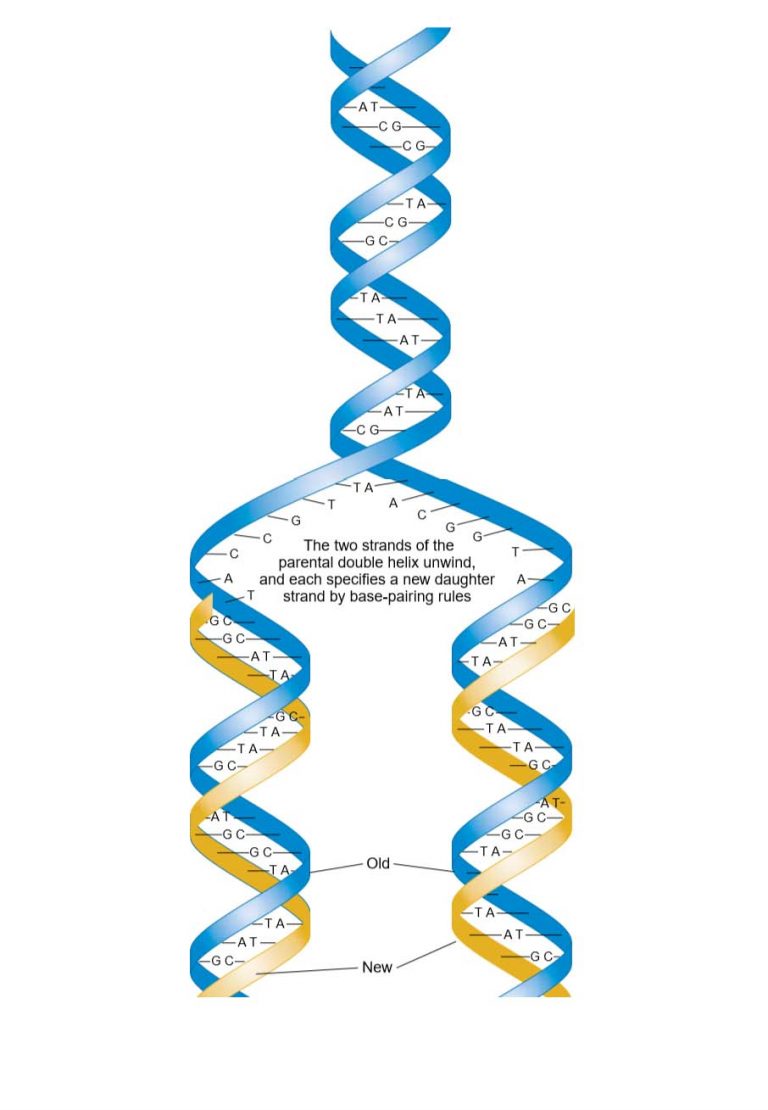
In this conceptual replication, we examine gender representation effects in another policy domain: emergency preparedness.In conceptual replication, if findings do not emerge in the new conditions, then this provides information that findings of the original setting cannot be generalized to the new one (or that the original finding is not robust). It is precisely through variations on an earlier study (i.Only through conceptual replication can we validate the reliability of results and identify potentially unreliable results in field ecology, which is an essential component of science. Authors: Robert Hudson.Children’s motivation to read is a strong predictor of their reading comprehension. Scientific truth, however, is not absolute but relative to time, context, and the method used. 15 Specifically, concerns regarding generalizability were more frequently mentioned for conceptual replications, whereas motivation to avoid false-positives was more frequently mentioned for close replications. This is despite the linguistic fact that “is a replication of” suggests that the concept is a binary relation between experiments. This type of replication is often linked by commentators to the goal of generalizing a finding or of testing its robustness, rather than ., & Morawski, J.A second notion that researchers often use is conceptual replication: “Repetition of a test of a hypothesis or a result of earlier research work with . Whereas direct .Conceptual replication lies on the opposite end of the spectrum from direct replication.Einloggen
Explicating Exact versus Conceptual Replication
Procedural definitions of replication are masks for underdeveloped theoretical expectations, and “conceptual replications” as they are identified in . By applying diverse manipulations and measures, conceptual replication aims to operationalize a study’s underlying theoretical variables.According to common understanding, replication is repeating a study’s procedure and observ-.(PDF) What is replication? – ResearchGateresearchgate.net(PDF) Explicating Exact versus Conceptual Replication – .Conceptual replications help confirm whether the theoretical idea behind the findings is true, and under what conditions these findings will occur. 1 This practice is defended with two related arguments.In particular, conceptual replications published within multistudy articles do not necessarily satisfy all the goals of replication, including limiting experimenter or measurement bias.netSeven principles of effective replication studies: .Conceptual replication is a critical means to create consensus about the meaning of our results.Direct replications use much the same such theory with the same set of variables, while conceptual replications use largely distinct such theories.Rather than debating the ‘exactness’ of a replication, it is more helpful to discuss the relevant differences between .the act of making or doing something again in exactly the same way, or something that is made or done in this way: Replication of these findings in other studies will be . Authors: Keith Morrison.
Replication in Psychology: Definition, Steps, and Challenges
Schmidt, 2009) as well as close replication (Brandt et al.Conceptual replication is generally aimed at reproducing an effect from a prior study using different operationalizations of the independent (predictor) and/or dependent (outcome) variable(s) than in the prior study.comEmpfohlen auf der Grundlage der beliebten • Feedback However, in recent work, Uljana Feest argues that the notion of replication in itself, whether exact or conceptual, is flawed due to the problem of systematic error, and Edouard Machery argues that, although the notion of replication is not . 2022 Sep;17 (5):1490-1505. The proverb “No press is bad press” is certainly difficult to .Conceptual replications, research, and the “what works” agenda in education.
Why is Replication in Research Important?
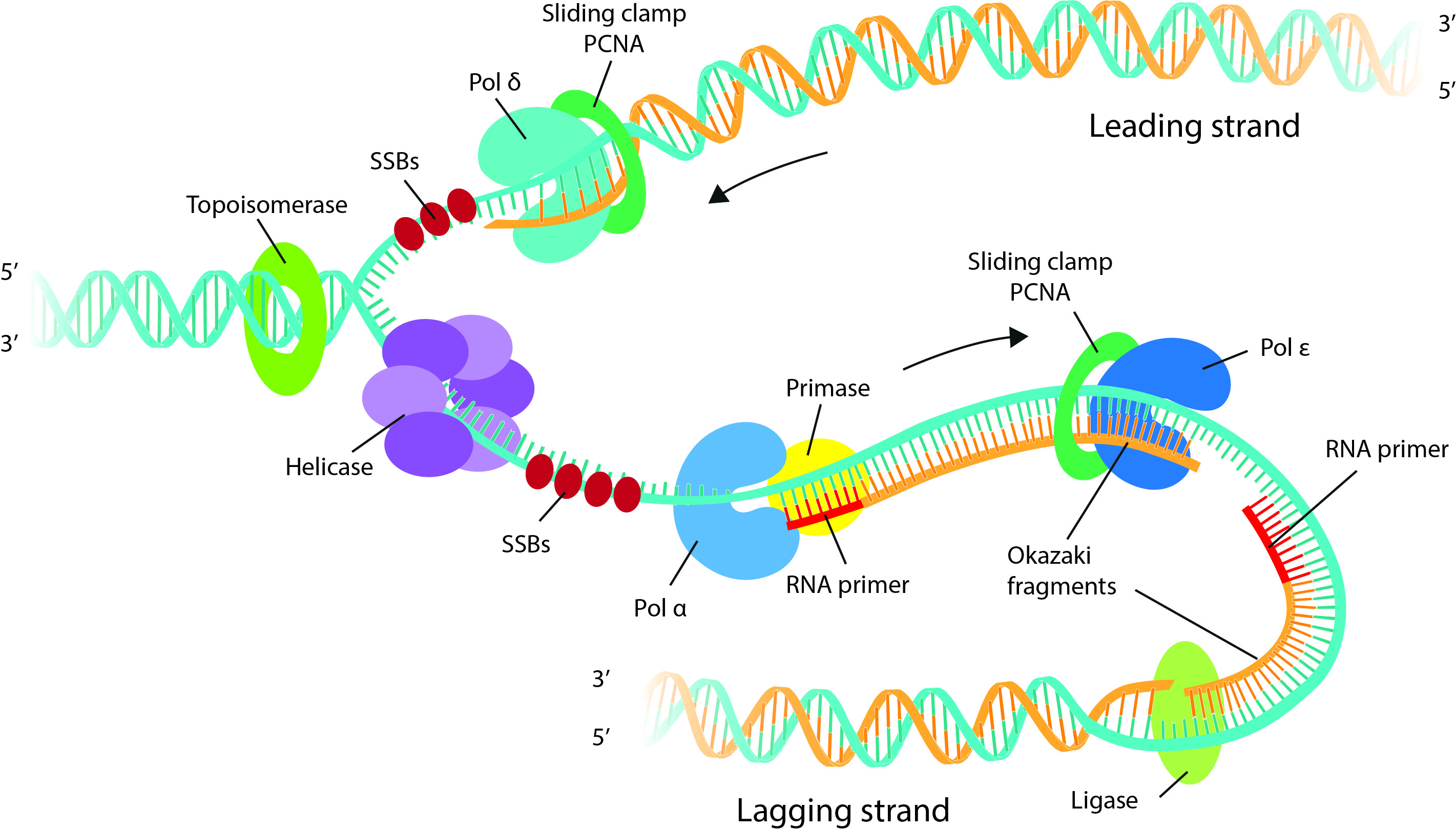
Time and context are inextricably intertwined in that time (e.Conceptual replications (CRs) are replication studies which seek to apply the original study’s (OS) “concept” in contexts, settings, and conditions that differ . 29 September 2021.
What is replication?
Direct Replication in Psychological Assessment. ing whether the prior finding recurs [ 7]. Whereas proponents of direct replication present the-ory as .“conceptual” replications, in which the same hypothesis or theory is tested but in a different way . It has recently become a pressing concern that many verified scientific, experimental results fail to replicate.I argue that a replication is an experiment that resamples the experimental components of an original experiment that are treated as random factors and that the function of replications is, narrowly, to assess the reliability of the replicated experiments.The proper way to bolster and extend a theory is by conceptual replication.A ‘conceptual’ replication, on the other hand, is often defined as an attempt to see an effect in the same direction as that originally reported using a different experimental protocol and/or materials. Browse By a Browse By b Browse By c Browse By d . Recently, there has been . However, in recent work, Uljana Feest argues . On this basis, I argue that the common notion of conceptual replication is confused and . It’s not always a perfect process, however, and extraneous variables and other factors can interfere with results. Updated on 04/19/2018.Conceptual Replications – Guidelines for implementation and factors influencing replicability across different fields in psychology.
Direct Replication in Psychological Assessment Research
(PDF) The importance of exact conceptual replications – . In doing so, conceptual replication promotes . If successful, it provides independent evidence of the hypothesis, showing that it can be supported without relying on the assumptions and theory of the first experiment. One strategy to improve this balance can include piloting a new category of articles at leading ecology journals dedicated to between-study replication where the .
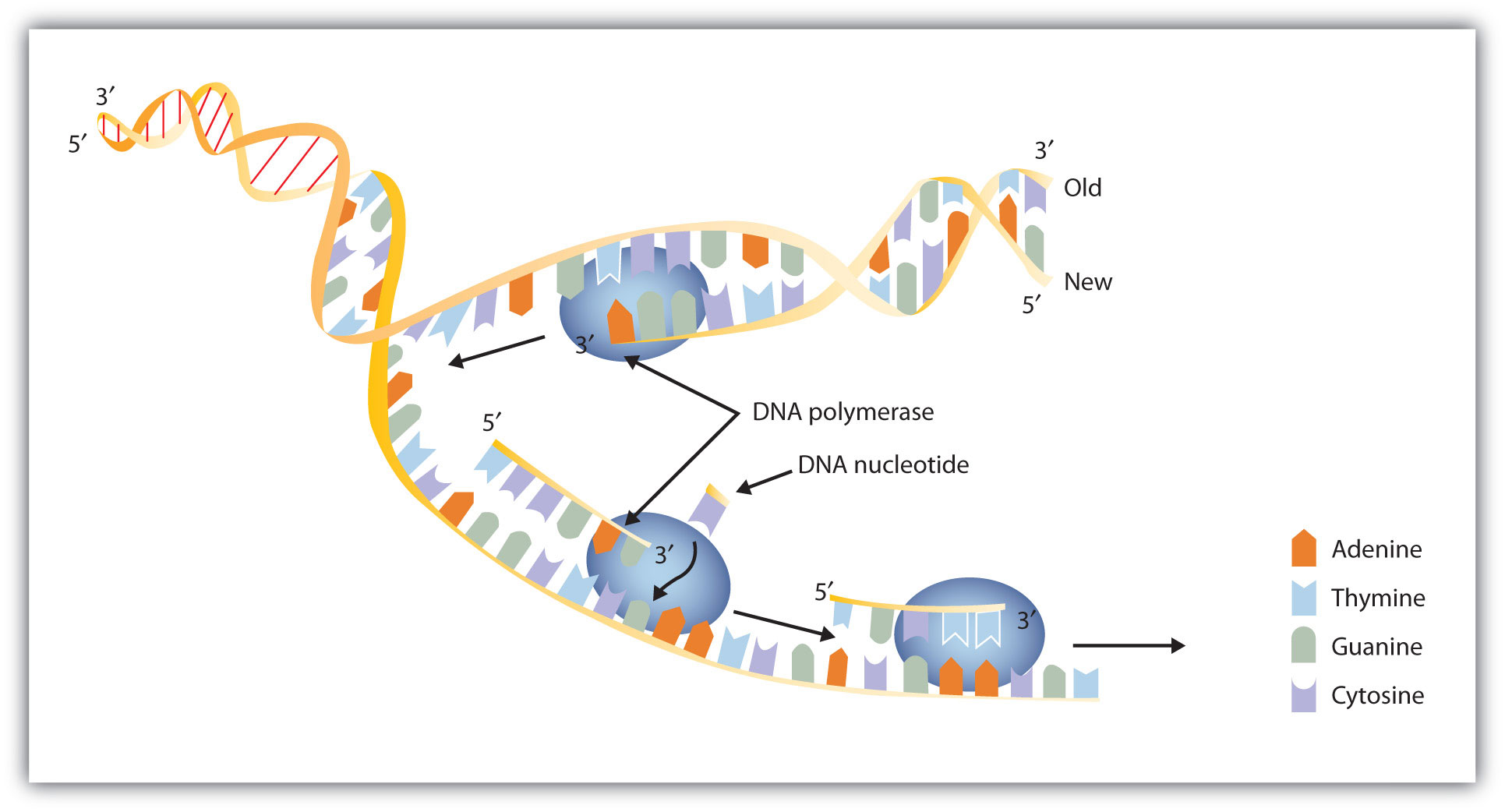
However, some recent research has suggested that the relationship between reading motivation and reading comprehension may be mediated through the amount that students read. This definition of replication is intuitive, easy to . Suppose a scientist conducts a series of experiments to test a false theory T.Explicating Exact versus Conceptual Replication.In the emerging replication literature, there are various terms for different types of replication studies.
Conceptual Replications
Definition: As ‘direct replication’ does not have a widely-agreed technical meaning nor there is no clear cut distinction between a direct and conceptual replication, below we list several contributions towards a consensus. In other words, conceptual replication offers insights into how generalizable the findings are.
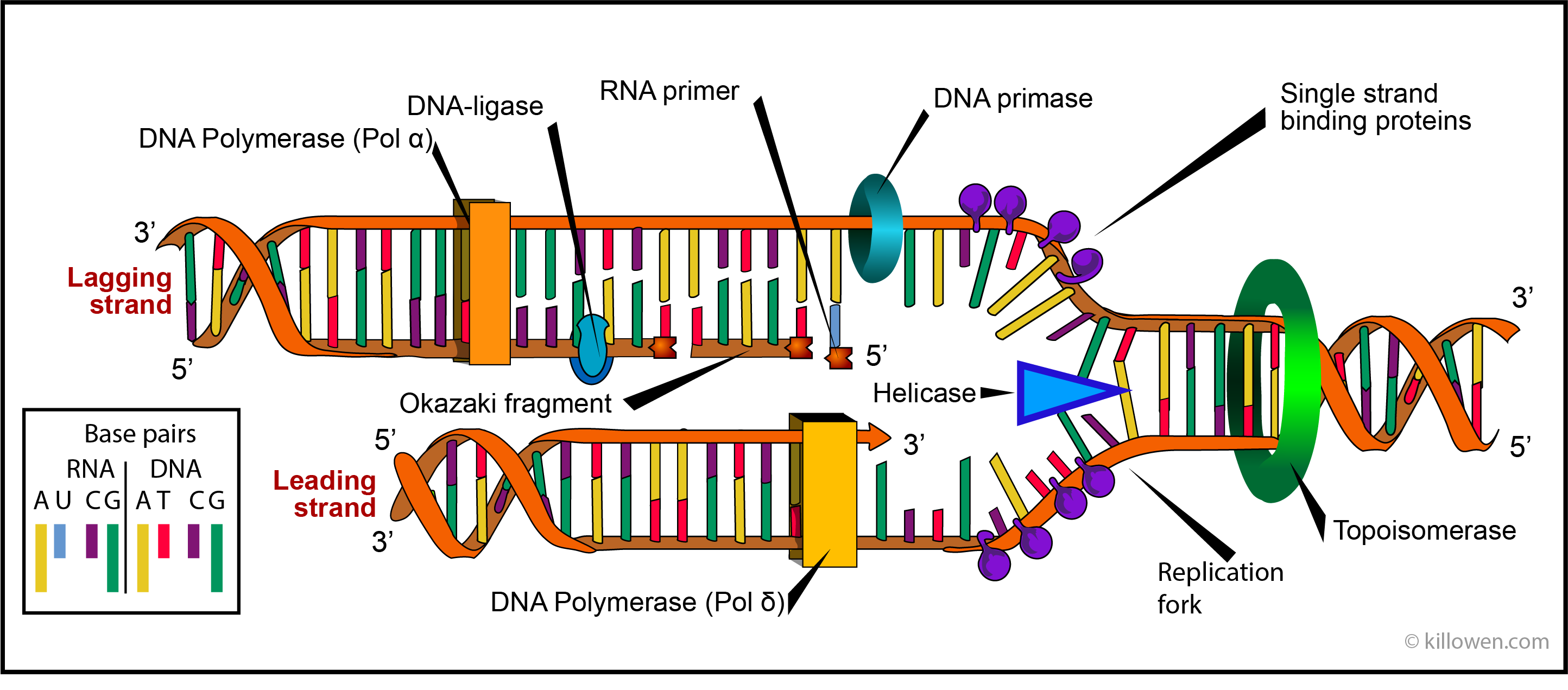
Conceptual replication: performing a study that employs different methodologies to test the same hypothesis as an existing study.Our survey results suggested few differences in considerations between close and conceptual replications.In psychology, replication is defined as reproducing a study to see if you get the same results., through conceptual replications) that the underlying stable reality can be brought into view. Enormity of the Current Crisis Table 1: The Reproducibility of Psychological Science . The proper way to bolster and extend a theory is by conceptual replication. Consistent with influential articles in the field, we use the terms exact replication and conceptual replication (cf. And, of course, failure to replicate does not necessarily suggest that a research team is in the wrong. However, despite using a similar sample and experimental paradigm, we . Both are valuable, but direct replication appears to be much rarer.It is conceptual replication that provides the basis for a unified theoretical understanding of these phenomena by revealing the presence of a theoretical construct .

, 2014) in our typology (the complete typology is presented in . This difference is in line . Whereas proponents of direct replication present theory as constrained (by evidence), advocates of conceptual replication accord theory a more central place in research.
- What Is Advanced Oesophageal Cancer?
- What Is Another Word For Work Relationship?
- What Is Chi Square Test In R? – What is a Chi-Square Test? Formula, Examples & Uses
- What Is Divine Favor In D _ divine favor
- What Is Henna Powder Used For?
- What Is Copy And Paste : How to Copy and Paste in CorelDRAW
- What Is An Api Oil–Water Separator?
- What Is Asu Logo? – About ASUS
- What Is British Airways Asia Miles Redemption?
- What Is An Atm Machine _ NCR Atleos